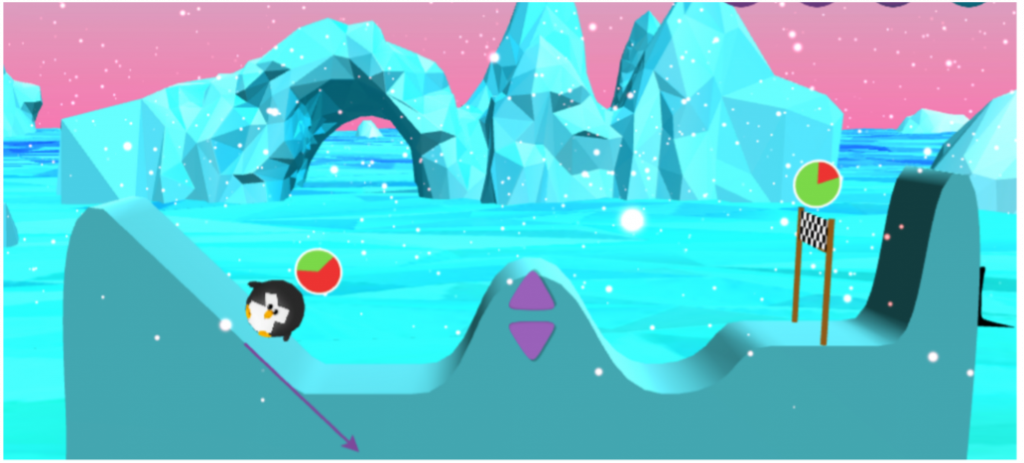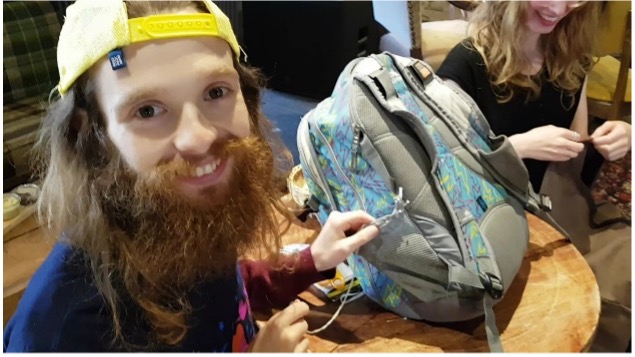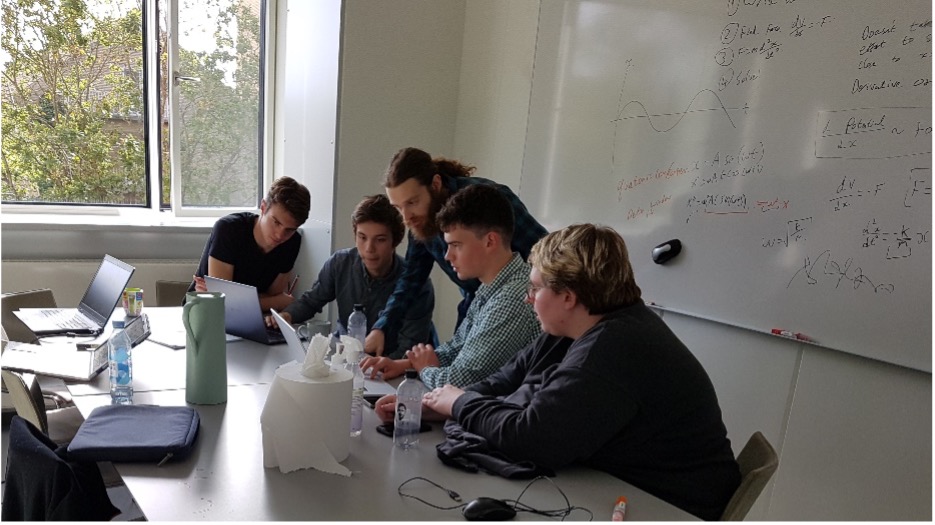
Potential Penguin – life after the PGCE
From Simon Goorney, Physics PGCE 2020 cohort: So it’s a rainy Sunday in October. I’ve just sat down in my favorite warm café to prepare for the week ahead. But I’m not planning any lessons or wondering how to motivate Adam to do his homework. Instead I’m reading papers about how Quantum Mechanics is misunderstood and how to conduct education studies using eye-tracking. Then I’ll finish planning for next week’s group meeting. And oh, I’m in Aarhus, Denmark. It’s hygge (lit: comfy and cosy) here and I’m incredibly happy.

I completed my PGCE in Secondary Physics last year: the second year of Covid. Naturally, the course was hugely affected, and I have to admit that I struggled from my first few days in school. I was very often scared of catching or spreading the virus, and it took a combination of extremely supportive school mentors and a very understanding PGCE tutor to even get me setting foot in the classroom again.
Eventually, like most of us, I fell in love with the difference that teaching makes for students. I was offered the opportunity to teach at A2, and thrilled to be gently nudging future Physicists to reach their potential. Equally I experienced the heart-warming chaos of managing a KS3 class of SEND students, which I think taught me far more than I ever taught them. Somehow, and I can still barely believe it, I made it through in the most remarkable year to train. I’m proud of what I achieved and truly thankful for those mentors who made it possible (if you read this, you know who you are!) However, I didn’t end up in a school this September, and looking back I definitely think it was for the best. That’s what this blog post is about – the 10% who don’t end up in teaching after the PGCE: what do we do?
For me, one thing led to another and now I’m a researcher in Physics Education, at Aarhus University, Denmark. It’s not totally out of nowhere: my Master’s project a few years was in research along similar lines, studying undergraduate misconceptions in Quantum Mechanics. The group here work on a crazy number of different projects – mostly around gamification of research and education. But there’s also an ultracold Quantum Gas Microscope in the basement a few floors down…

I have the most awesome diverse job I could imagine, and while there is much less student interaction than in teaching, I’ve found I appreciate the time spent thinking more academically about my subject. I’ve just finished teaching a workshop on Quantum Mechanics for a visiting school group, where I guided them to try to work out the rules of QM from scratch.

We used the game Potential Penguin (Physics teachers: try it!) to uncover the “recipe” of classical Mechanics. Taking it step by step – understanding how the potential landscape (the hills the penguin slides on) relates to the force on it, and how this lets us work out where the penguin will go.

Then we took the recipe we had discovered and tried to adapt it for Quantum Mechanics, which has similarities but many crazy differences too. Another tool: Quantum Composer, designed here at Aarhus University to solve complex Physics research problems in a visual manner, made for a fun afternoon of enquiry-based learning.

So if you’re wondering if there are other options aside from school teaching that still take you close to students – there are! The PGCE is very much a professional qualification. It trains us for a job as a schoolteacher – but don’t feel like just because you are working towards or have that qualification, you have no other option.
I’d like to share the words a trusted mentor gave me recently: “make choices without fear”. This definitely struck a chord – maybe it’s the key to hygge life. GOOD LUCK to all trainees this year. You’re in for the most rewarding (and knackering…) time you can imagine!





0 Comments